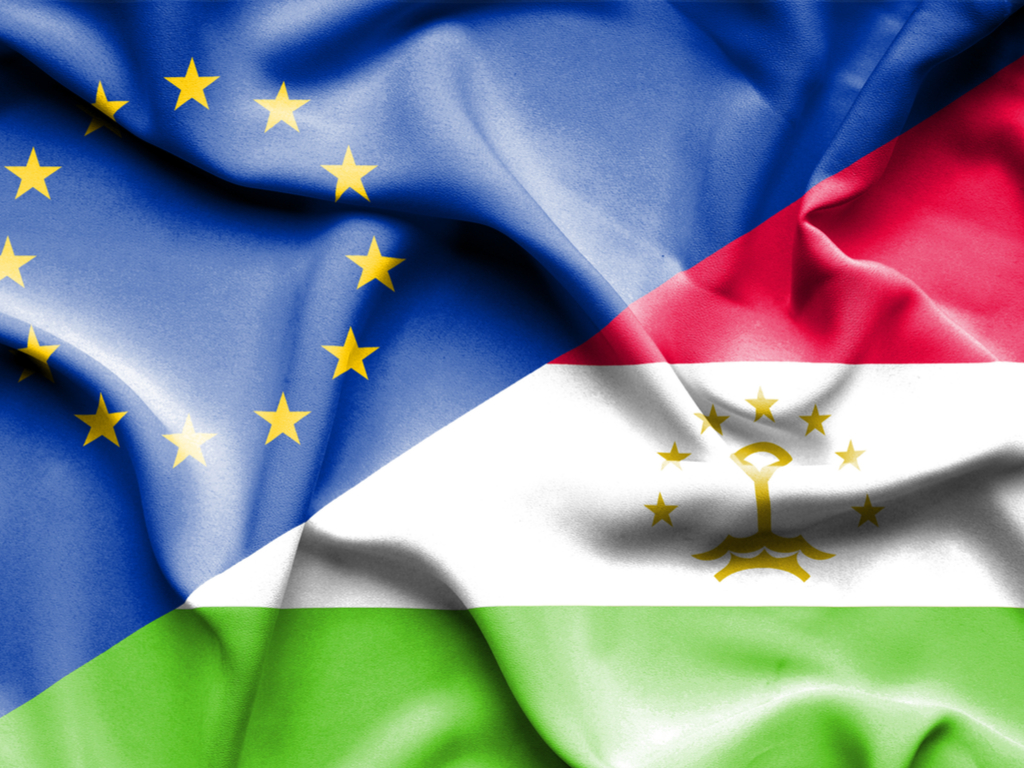The European Union and Tajikistan held their sixth Cooperation Committee meeting on 9 March in Brussels. The meeting reaffirmed the joint commitment of the EU and Tajikistan to strengthen relations in the framework of the EU-Tajikistan Partnership and Cooperation Agreement (PCA), the Delegation of the European Union to Tajikistan said.
The meeting provided an opportunity to exchange views on a new EU Strategy for Central Asia, which is currently under preparation. Participants agreed that the future EU Strategy should, in particular, promote reforms, opening up of the society, and respect for human rights; support regional cooperation in Central Asia; encourage smart and sustainable connectivity that brings benefits for all; and foster cooperation in security. The EU and Tajikistan agreed to continue to work together on supporting an Afghan-led and Afghan-owned peace process.
Democratic reforms and fundamental rights remain an integral part of the EU’s partnership with Tajikistan. The EU raised the negative trend of a shrinking space for civil society in Tajikistan, emphasising that it was in the interest of long-term stability and economic development to allow the expression of diverse, democratic, political voices in the country.
The Cooperation Committee reiterated the importance of addressing external and domestic security challenges appropriately. There was agreement to continue to cooperate on these issues. The EU welcomed the hosting by Tajikistan, in May 2018 in Dushanbe, of a regional conference on counterterrorism and preventing violent extremism.
The Cooperation Committee discussed the significant efforts of Tajik authorities to address current economic and financial difficulties, as well as the EU’s support in this context. The EU reaffirmed its commitment to continue development cooperation with Tajikistan, including in the vital sectors of rural development, health and education aiming at economic growth, private sector development and social stability, as well as technical assistance to the implementation of the National Development Strategy of Tajikistan. The EU reiterated the importance of a stability-oriented macroeconomic policy and of further progress in Public Finance Management. Both parties welcomed the first meeting of the EU-Tajikistan Sub-Committee on Development Cooperation held on 20 February in Dushanbe.
Finally, the Cooperation Committee reiterated the importance for Tajikistan to further integrate into the world economy and to improve the overall business climate and economic governance, with a view to attracting more EU companies, foreign direct investment and reap the benefits of globalisation and connectivity. Digital connectivity was also crucial in this context.




